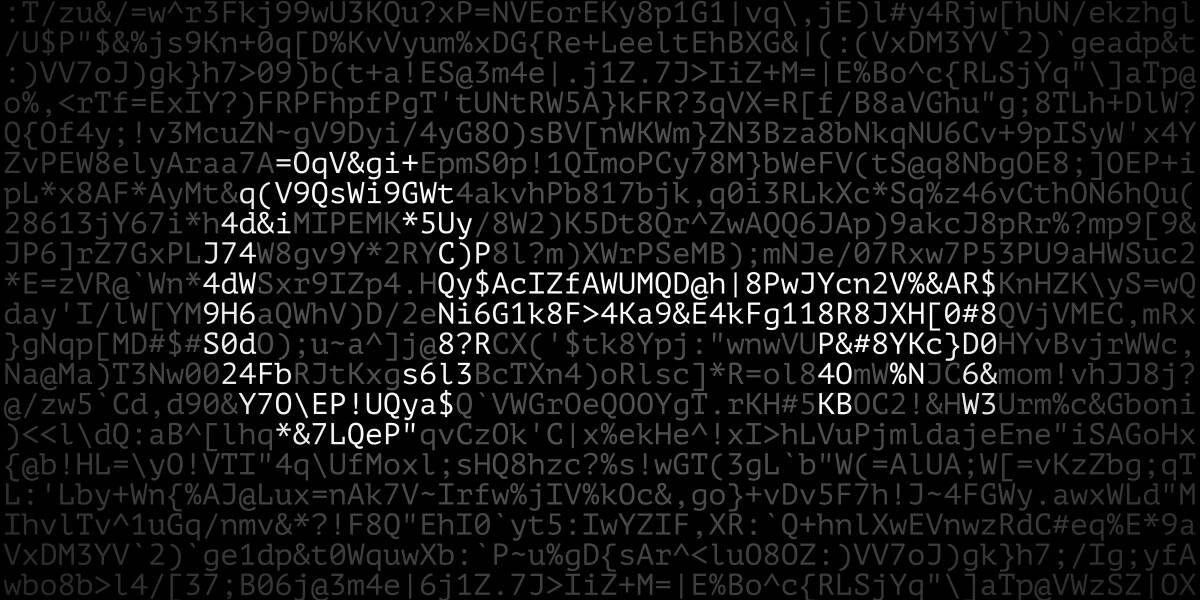Australian authorites call for Big Tech help with decryption

🌈 Abstract
The article discusses the demands of Australia's intelligence and law enforcement agencies for "accountable encryption" and their concerns about the use of AI by extremists to plot attacks.
🙋 Q&A
[01] Australia's Calls for "Accountable Encryption"
1. What are the key arguments made by Australia's intelligence and law enforcement agencies for "accountable encryption"?
- The director general of the Australian Security and Intelligence Organisation (ASIO) and the commissioner of the Australian Federal Police (AFP) argue that encryption protects privacy and enables the economy, but also provides anonymity for criminals and terrorists to operate, network, and recruit.
- They claim that without the assistance of tech companies, law enforcement is unable to access encrypted communications even with a warrant, creating "unaccountable encryption" that is like "building a safe room for terrorists and spies."
- They contend that "accountable encryption" would have allowed ASIO to more quickly and easily determine that an individual possessed the intent and capability to conduct a terrorist attack.
2. How do the agencies frame the issue of encryption in the context of investigating child exploitation cases? The AFP commissioner cites a statement by 32 European police chiefs expressing "deep concern that end-to-end encryption is undermining their ability to investigate crime and keep the public safe," particularly in the context of child exploitation cases. He argues that if a court deems it necessary for law enforcement to access information to investigate a serious crime, tech companies should respect the rule of law and provide that information.
[02] Concerns about AI Use by Extremists
1. What are the key concerns raised by the ASIO director general about the use of AI by extremists?
- He states that extremists are already using commercially available AI programs to seek advice on building weapons and attack planning, and that they try to bypass the ethical safeguards of these programs.
- He predicts that AI is likely to make radicalization easier and faster, increase the volume of espionage as nations harvest personal data to assist their own AI programming, and lead to more prolific, credible, and effective disinformation campaigns by foreign intelligence services.
2. How does ASIO plan to address the threats posed by AI? The ASIO director general says the agency will fight AI with AI, as it is the "most obvious and possibly best defense." He confirms that ASIO has been using AI for years to augment and assist its staff, allowing them to more quickly identify worrying patterns and relationships in the data they analyze.